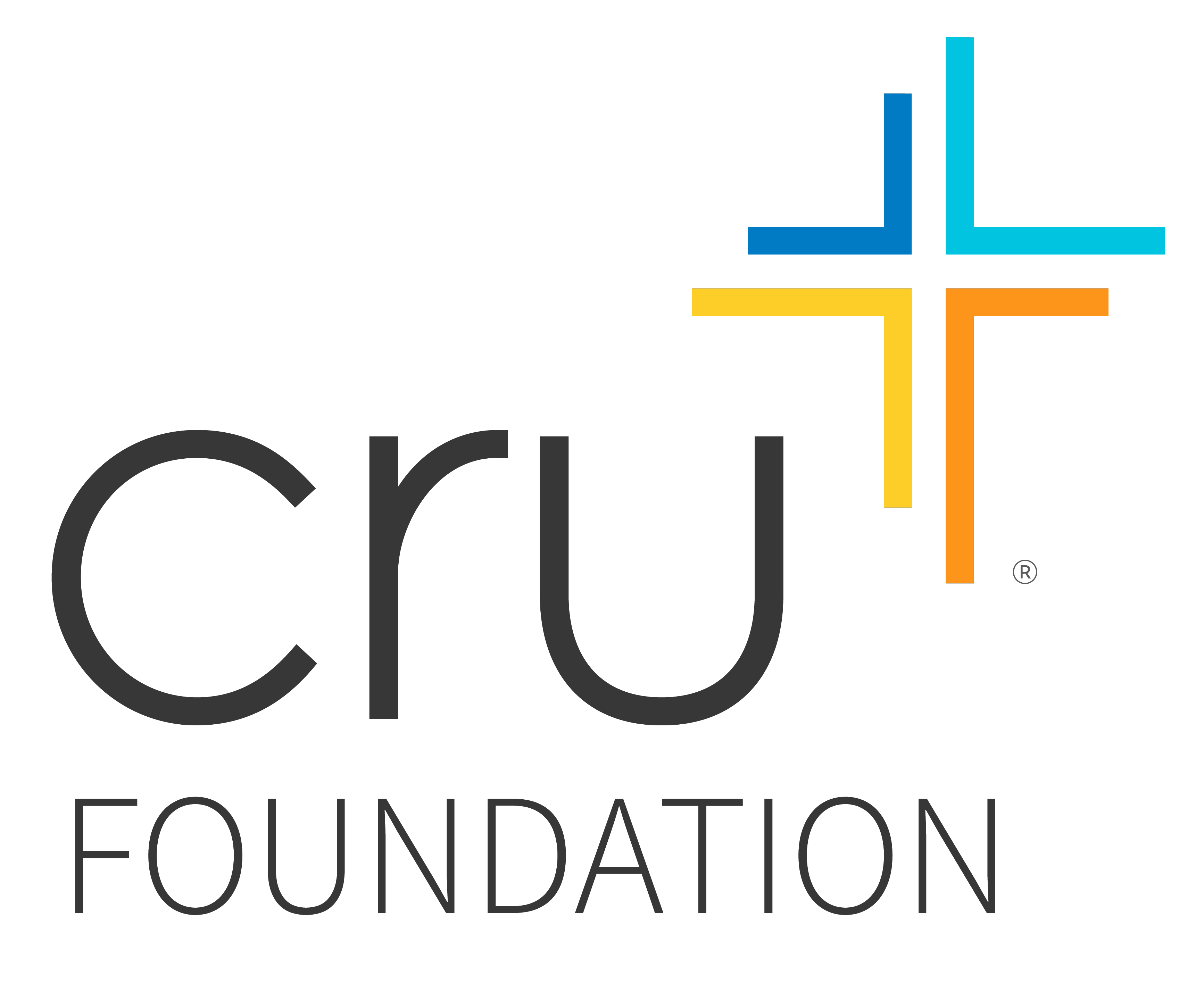Glossary
Information about planned giving can be filled with complicated terms. Most of us understand what a will or a trust is, but what about probate or a codicil? We’ve put together these definitions so you don’t have to wonder about the next planned giving term you see.
Common Planned Giving Terms
Annuitant
A person who receives fixed quarterly payments from a non-profit in exchange for a 1-time gift of cash, marketable securities or other assets.
Appreciated assets
Securities, real estate, or any other property that has risen in value since the benefactor acquired it. Generally, appreciated property held by the donor for more than a year may be donated at full fair market value with no capital gains cost.
Beneficiary
An individual or organization named in a will or trust to receive cash, stocks or other assets after an individual has passed away.
Bequest
A gift of cash, stocks or other assets given to a non-profit through the provisions of a will. Learn more about bequests here.
Capital gains tax
A tax is assessed on the profits from the sale of an appreciated asset such as stock or real estate.
Charitable Equity Partnership (CEP)
A unique business-ministry joint venture that allows you to make a powerful difference to the benefit of both your own business and the ministries you care most about. Learn more about the charitable equity partnership and giving from your business.
Charitable Gift Annuity (CGA)
A charitable gift annuity is a tool that non-profits use to provide 1 or 2 individuals with quarterly income for life in exchange for a gift of cash, stocks or other assets. Learn more about charitable gift annuities here.
Charitable Lead Trust (CLT)
A charitable lead trust is an irrevocable trust that pays income to a charity or charities for a set period of time. At the end of that time, the remaining assets are distributed to the donor or other beneficiaries. Learn more about charitable lead trusts.
Charitable Remainder Trust (CRT)
A tool that makes regular payments to a beneficiary. Donors can claim a charitable tax deduction and avoid any capital gains tax on the sale of appreciated property within the trust. At the end of the term, the specified nonprofit receives the remaining amount in the trust. Learn about charitable remainder trusts.
Charitable Remainder Unitrust (CRUT)
A popular type of charitable remainder trust that pays a percentage of the fair market value of the trust, valued annually, to a maximum of two beneficiaries age 55 or older. The minimum gift to a unitrust is $100,000. Learn more about charitable remainder unitrusts.
Codicil
The only legal document that can change a will after it has been signed and notarized. It can add to, subtract from or alter a will’s provisions and must be enacted in the same way as a will.
Cost Basis
The original price of an asset. Cost basis is used to calculate capital gains tax.
Donor-advised fund (DAF)
A fund to which you can contribute cash or property that you give to a qualified charity. The fund provides a tax deduction in the year of the contribution but allows you to give to charities over time. Money that remains in the fund grows tax free. Learn more about the Great Commission Donor Advised Fund here.
Endurance Fund
A special fund created by Cru Foundation in which a contribution is invested to generate interest income for a designated Cru ministry or missionary rather than be used to pay current expenses. This fund offers a variety of giving options to ministry partners so they can continue to support Cru, and build the kingdom of God, during retirement and beyond. Learn more about Endurance Funds here.
Estate
The personal property and financial assets of an individual.
Estate Design
A comprehensive review and evaluation of an individual’s estate to ensure that an individual’s estate plan is aligned with their financial and charitable goals. Learn more about Estate Design here.
IRA rollover
Otherwise known as a Qualified Charitable Distribution, an IRA Roller is a tax and penalty-free distribution made from a retirement account that must meet certain requirements. A direct transfer of funds from a donor’s IRA to a qualified charity. Learn more about QCDs/IRA Rollovers here.
Private Foundation
A charitable organization established by a family or business so that they can better control the use of their charitable dollars.
Probate
The process of proving before a judicial authority that the document offered as the last will and testament of a deceased person is genuine.
Qualified Charitable Distribution (QCD)
A tax and penalty-free distribution made from a retirement account that must meet certain requirements. A direct transfer of funds from a donor’s IRA to a qualified charity. Learn more about QCDs/IRA Rollovers here.
Required Minimum Distribution
When a person reaches 70 1/2, there is a required amount that must be withdrawn from their IRA each year. If the donor doesn’t need the income, they can roll the money directly to a charity through a Qualified Charitable Distribution.
Trust
A legal arrangement in which an individual gives control of all or a portion of their property to a person or institution (trustee). It is the trustee’s responsibility to manage the trust in the best interest of the beneficiaries.
Trustee
An individual or organization that holds or manages and invests assets for the benefit of another.
Will
A legal declaration that explains how someone wishes to distribute their property after death.





